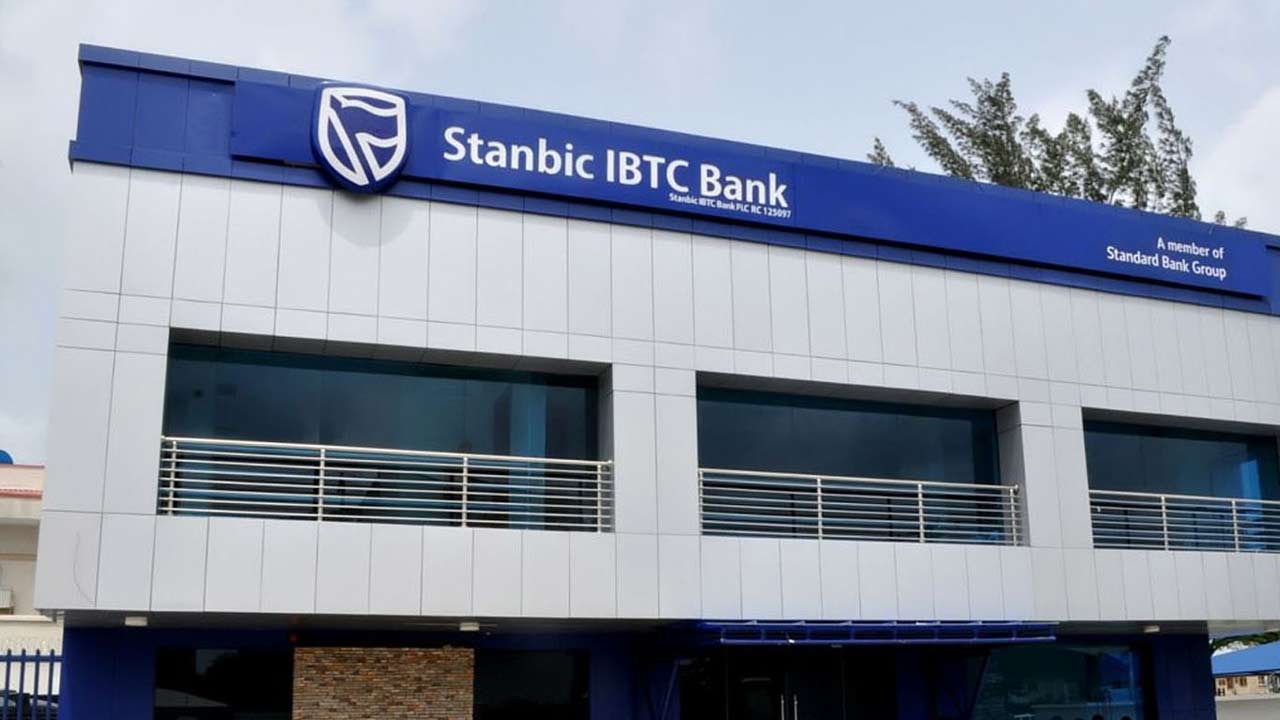In a momentous ruling on Thursday, the Competition and Consumer Protection Tribunal (CCPT), imposed a hefty fine of N120 million on Stanbic IBTC Bank for breaching electronic funds transfer regulations.
The reason behind the bank’s fine was its failure to fulfill a NIBSS Instant Payment transfer request and its improper withholding of the consumer’s funds beyond the prescribed 10-minute reversal regulation for failed NIBSS instant payment electronic funds transfers.
Damilola Osungade, the CCPT Communications Officer, revealed in a post-decision statement that Mrs. Sola Salako Ajulo, the Member representing Southwest on the Tribunal, delivered a majority ruling lasting two hours. It was determined that Stanbic IBTC Bank had violated Section 130 (1) (a) of the Federal Competition and Consumer Protection Act (FCCPA) 2018. This information was made available to Technology Times.
Stanbic BTC failed to reverse…..
In the case of Clement Osuya versus Stanbic IBTC, Mrs. Salako Ajulo reached a decision holding Stanbic IBTC accountable for breaching a contractual agreement and failing in its duty of care towards the claimant.
The bank was found responsible for its inability to successfully execute an instruction to transfer the amount of N500,000 to an account in Access Bank.
Moreover, Stanbic IBTC failed to comply with the 10-minute reversal requirement outlined in the 2018 CBN Regulation on NIBSS Interbank Electronic Funds Transfer. Instead, the bank held onto the consumer’s funds for extended periods of 24 and 72 hours, respectively, during two separate instances of failed instant electronic transfer transactions.
Stanbic IBTC, in its defense, asserted that the transaction failure occurred on the NIBSS Instant Payments platform rather than its own platform. Therefore, the bank contended that it should not be held liable for negligence or considered in breach of its duty of care towards the claimant.
The Tribunal, in its ruling, emphasized that an “instant” platform should not require 24 or 72 hours to reverse a failed transaction. Furthermore, the defendant, Stanbic IBTC, failed to present any documentary evidence to substantiate its claim that the transfer failure occurred specifically on the NIBSS Instant Payment Platform rather than its own platform.
CBN regulation…
As a result of its violation of the CBN Regulation, Stanbic IBTC was found by the Consumer Tribunal to be in breach of Section 130 (1) (a) and (b) of the FCCPA 2018. This section grants consumers the right to expect timely and completed services from any undertaking that has agreed to provide a service to them.
The three-man panel comprising Mr. Chu’ma Mbonu, Member (Southeast) presiding; Mrs. Sola Salako Ajulo, Member (Southwest), and Mr. Ibrahim El Yakubu, Member (Northwest) delivered a 2-1 ruling affirming the jurisdiction of the Tribunal to hear the suit before proceeding to enter judgement in favour of the claimant.
The defendant raised a preliminary objection challenging the original jurisdiction of the Tribunal to hear the case. They argued that the dispute was a bank/customer matter that fell within the exclusive jurisdiction of the Federal or State High Court.
However, the Tribunal determined that it possessed concurrent jurisdiction to hear the substantive suit, as explicitly evident from Section 39(1) (2) and Section 45 of the FCCPA. These provisions establish the Tribunal as a specialized High Court entrusted with the authority to adjudicate on matters related to competition and consumer protection, including conducts prohibited by the FCCPA.
In a dissenting opinion, the Presiding Member Mr. Chu’ma Mbonu supported the defendant’s preliminary objection, arguing that the CCPT only had appellate jurisdiction and was not authorized to hear an originating application in the form of the suit before it.
However, the majority judgment addressed and resolved four issues in favor of the claimant and one issue in favor of the defendant.



